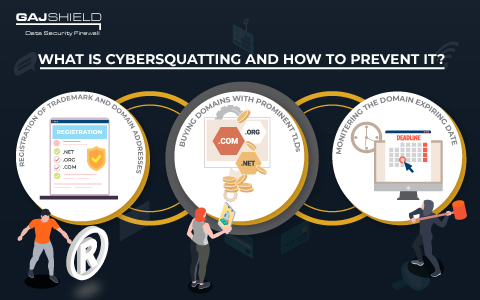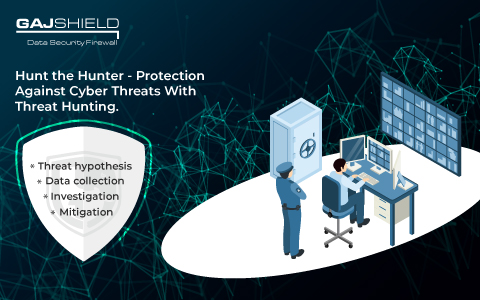
With 5G gaining momentum in multiple parts of the world, the speed, capacity, and transmission of data are set to reach an all-time high. However, this digital transformation ushers the loophole of cybersecurity. This technology will expand the attack surface through the web due to the vast connectivity of devices and applications compared to the previous generation.

Cyber squatting, or domain squatting, is a specific cyber crime involving the imitation of domain names. These names are unauthorized creations that resemble other organizations or individuals’ domains with the intention to profit off their reputation or redirect the traffic to their own fraudulent domain.
Get In Touch With Us
Subscribe to our Newsletter
2025 © GajShield Infotech (I) Pvt. Ltd. All rights reserved.


